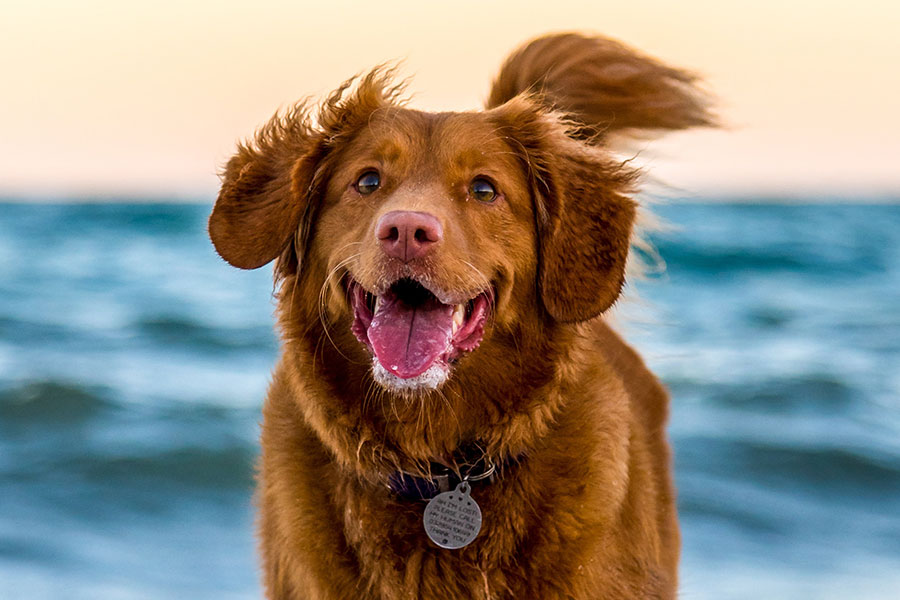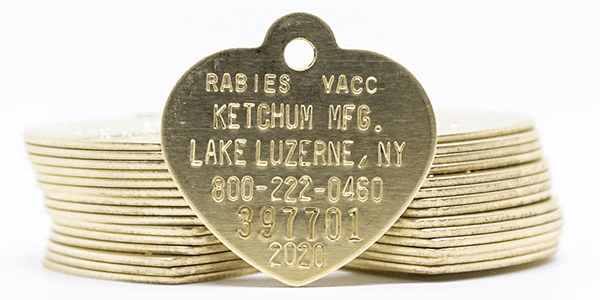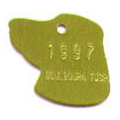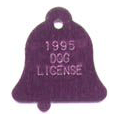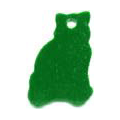Exuberant greetings, constant companionship, unconditional love, and Instagram-worthy capers are the daily perks of being a dog owner. While this drama-free, happily-ever-after fairytale requires minimal exertion on our part, there are pertinent matters—like getting a dog license—that mandate our attention.
Obtaining a dog license is a prudent and necessary measure to ensure your loyal companion’s safe return in the event your pet goes missing. Imagine Mischief, your spunky German Shepard puppy-in-training, disappearing in the woods, entranced by some mysterious scent. Or coming home one evening and not seeing Sasha, your Terrier with a penchant for chasing plump squirrels in the backyard, leaping with joy at the door.
Your first instinct would be to lean out your house door and call for your pooch by name. If that doesn’t work, you might hop in your car and drive around the neighborhood for hours looking for them. After that, your last hope is that someone else finds your dog; and in that instance, a pet ID tag is your best chance of being reunited with Mischief or Sasha.
Why a Dog License Tag?
Because You Love Them!
According to Michelson Found Animals, one out of every three pets will get lost at some point during their lifetime. By some estimates, 90% of the lost pets without proper ID tags are never reunited with their owners. Unbeknownst to you, your missing pet may be adopted by another family, or worse, be euthanized.
Think of the pet ID tag number on the license as a social security number. It is unique to every dog and remains unchanged for life. Your contact details—vital, life-saving information—are also listed on the dog license.
Many pets worldwide, including U.S. canines, now have a microchip encrypted with personal details implanted between their shoulder blades. A veterinarian inserts the chip, and a handheld device that uses radio waves is needed to read the information stored on it. Still, the person who finds the aforementioned Mischief or Sasha may not be able to have the chip scanned right away. That is why a physical, readable dog’s license tag is the first indication that the unaccompanied animal is not a stray; and an up-to-date rabies tag showing the animals has been vaccinated for rabies may also help in identifying the dog’s rightful owner. In short, dog ID tags help in identifying lost pets quickly and facilitate a swift return home.
Dog ID Tags Are the Law
While dog licensing isn’t federally mandated, most states require dogs four months and older to be licensed. Often, out-of-state pets must acquire a license within 30 days of arrival in the new state of residence. The mandate applies to every ilk—the high-energy, alfresco adventure-seekers and the stay-at-home creatures of leisure. Secure the pet ID tag to your dog’s collar, where it will be easily visible. And remember: in many locations, city officials can ask to see the dog license when you are out for a stroll in the neighborhood, even when the dog is on a leash.
Failure to obtain a license could result in a penalty and even court summons. For example, if you do not have a valid license for your dog in Seattle, the fine is about $125, and up to $300 in Santa Monica.
States may also limit the number of pets allowed in a home. In Florida, for example, you are not permitted to own more than four dogs if the land around your residence is less than an acre in size.
Pet ID Tags Are Easy to Obtain
Getting a new dog license, or renewing an existing one, is easy—and costs less than an eye-catching dog collar! Typically, licenses for spayed and neutered dogs cost less. In Connecticut, for instance, the fee for an annual license for a neutered or spayed dog is $8, and $19 for others. Fees are non-refundable and non-transferable from one pet dog to another. Under the American Disability Act (ADA), service dogs may qualify for free tags.
Most counties offer kennel licenses for breeders to make licensing more affordable. Some states issue licenses valid for one year, while others offer a two- or three-year options—depending on the validity of the rabies vaccine.
Simply follow the guidelines listed on your county’s website. The application can be submitted in-person, via mail, or online and must be accompanied by proof of rabies vaccination from a veterinarian. Remember to renew your dog license to avoid a penalty. Some counties send timely renewal reminders that include your pet’s rabies vaccination record.
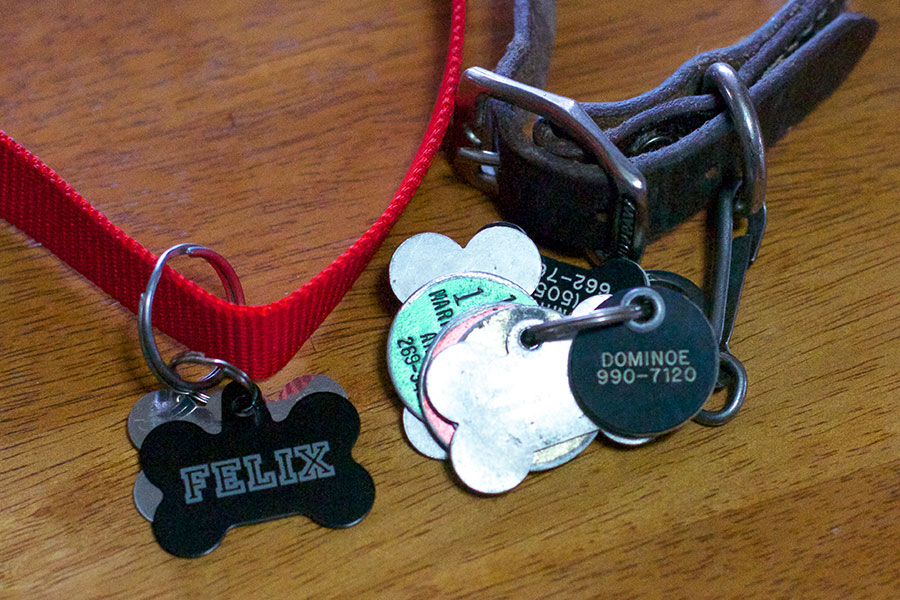
Dominoe the Dog and Felix the Cat are both protected!
Safety Matters: Dog ID Tags and Rabies Tags
A dog license cannot be issued without proof of rabies vaccination. Licensing, therefore, helps prevent the spread of rabies. The tag on your pet’s collar puts groomers, owners of your dog’s buddies, and all those who care for and play with your pet at ease. It shows that you are a responsible and caring pet owner.
Kindness Counts
A portion of the fees you pay for a dog license is funneled to local animal shelters. The much-needed funds are used to care for lost and abandoned dogs. Licensing reduces the number of dogs in shelters, making room for homeless and abused pets, saving them from being euthanized.
And Let’s Not Forget Cat ID Tags!
Most county laws governing cat ownership in the U.S. differ in certain fundamental ways from the laws for dogs. One thing that is the same is the requirement for rabies shots. Rabies vaccination is required by law in most U.S. states and Canadian provinces. But unless your cat is strictly an indoor cat, with no chance of it escaping outdoors to go on an extended trek, it is prudent to make sure your feline also has a proper, readable cat ID tag attached to its collar, in case it gets lost.
At Ketchum Mfg. Co. we produce a wide selection of dog and cat ID tags and rabies tags in a variety of sizes, shapes, and materials.


